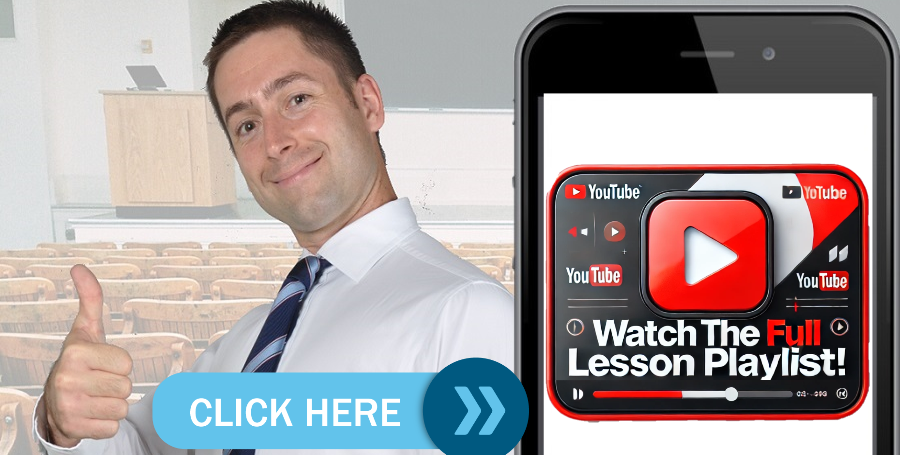Free sample lesson (audio and video):
Listen to the sample without the pauses:
Full version lesson:
Transcript
Describe a place and time you would revisit in your life if you could time travel.
You should say:
Where you would go
What time period it is
What you would do there
And explain why you chose that particular place and time
If I had the chance to time travel, I would go back to my first year at university, which was about a decade ago. The university campus was located in a student-friendly city, and for me, that period was a perfect mix of excitement and freedom.
I would return to that time not to change anything, but to relive it with greater awareness and appreciation. Back then, everything felt so fast-paced — lectures, assignments, new friendships — and I didn’t always take the time to enjoy the moment. If I could revisit that time, I would sit in on my old classes and spend more time with the friends I’ve since lost touch with.
I think I’d also take more photos, journal more and worry less about grades. I’d also spend more time talking to my professors and possibly getting more directly involved in the research they were carrying out at that time.
I chose this time and place because it marked a turning point in my life. It was when I started becoming independent and shaping the path I’m on now. In many ways, going back wouldn’t just be a nostalgic trip — it would be a chance to reconnect with the foundation of who I’ve become.
